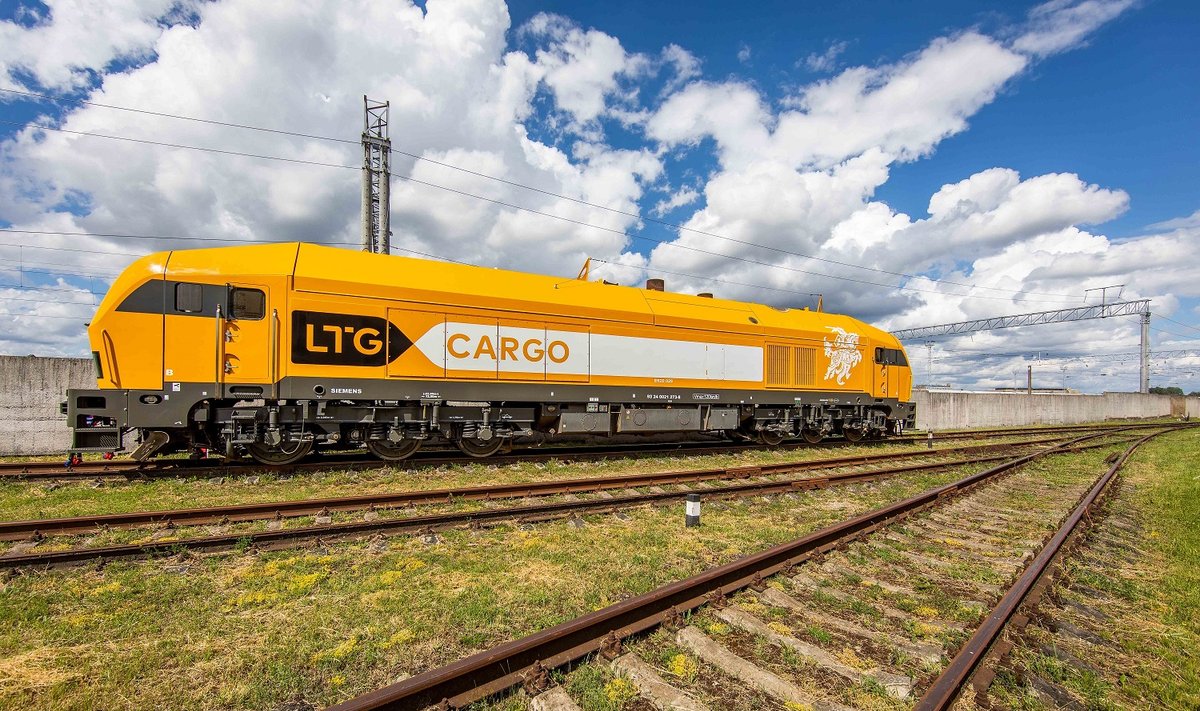The European Commission stated in its guidance that transit of goods between Russia and its non-contiguous parts would have to be within the averages recorded in 2019-2021. Whereas once these historic averages are reached, Lithuania has to restrict the transit of those goods.
Several hundred items were included in the transit list following EU regulations. Their volumes are assessed based on transit applications. Kotryna Dzikaraitė, LTG communications partner, says transit limits for iron and steel, timber, fertilisers, ethylene glycol and some other items have already been reached.
Following the European Commission’s guidance, transit applications between Russia and its Kaliningrad region via Lithuania were rejected in isolated cases until now. The rejected applications accounted for up to 5% of all transit applications on this route.
According to LTG, transit of all goods between Russia and Kaliningrad via Lithuania totalled 5.6 million tons in 2021. The three-year average of transit of essential goods stood at 3.1 million tons. Of them, coal products accounted for 1.07 million tons, ferrous metals – 0.59 million tons, timber and its products – 0.06 million tons, cement – 0.26 million tons, food products, beverages, feed and tobacco – 0.06 million tons, oil and petroleum products – 0.98 million tons and the rest of goods – 0.08 million tons.
